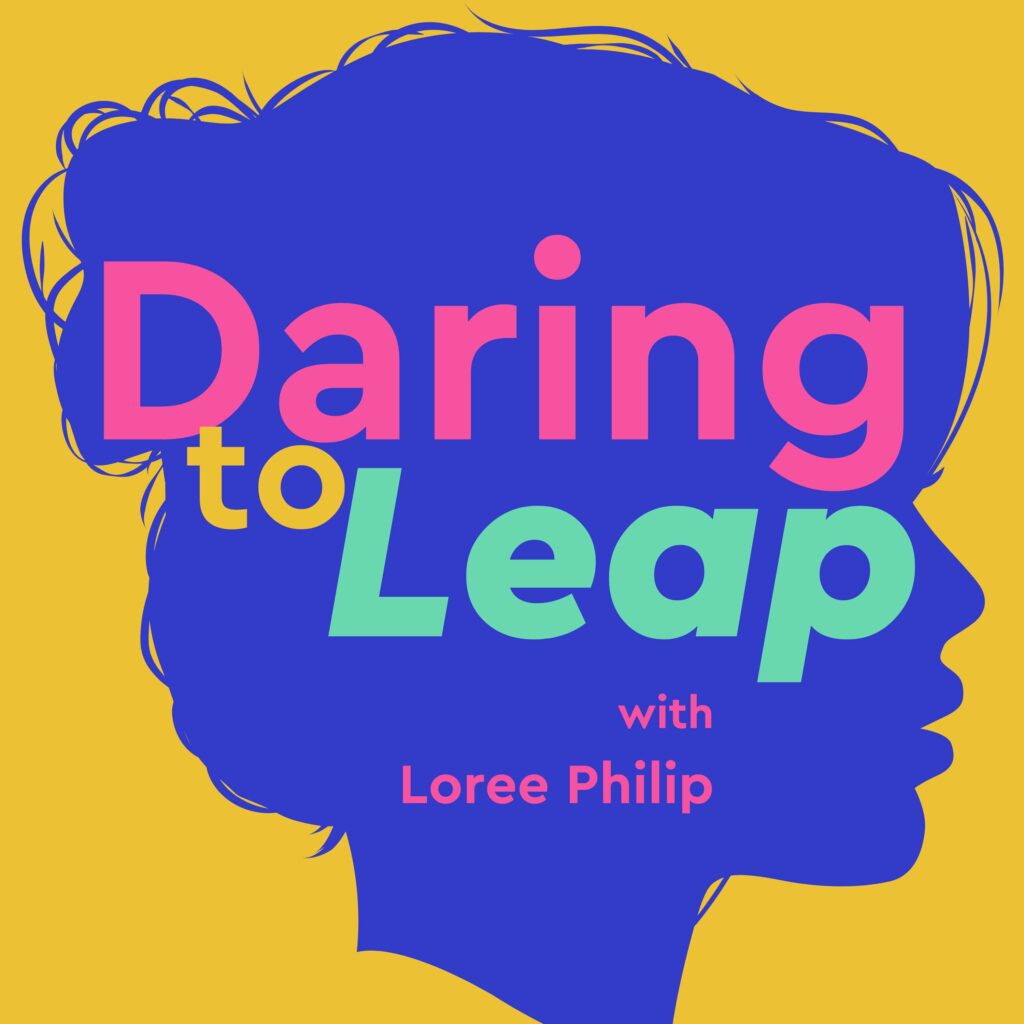What if we took full ownership and power over where we want to go and who we want to be? What if we made it our decision and stopped waiting for someone else to grant us permission?
This week we are diving into self-empowerment and radical ownership with Kimberly Spencer, Founder of Crown Yourself.
Kimberly Spencer is an award-winning high-performance, trauma-informed coach and trainer, Amazon best-selling author, TEDx speaker, and the founder of CrownYourself.com, helping visionary leaders transform their self-limiting stories, build their empire, stand out fearlessly, and make the income and the impact they deserve.
Join us as we get inspired through Kimberly’s powerful story, learn why you should crown yourself queen, the power of radical ownership, and how to shift your mental programming to have the life and career you want.
Highlights:
[00:02:37] Co-wrote film on motocross, pursued other ventures.
[00:04:23] Married, honeymoon, new company, procrastination, lack commitment.
[00:08:13] Achieved dreams, faced doubts, bounced back bravely.
[00:10:08] No’s were fuel, detach from attachments.
[00:15:30] A childhood obsession with princesses and queens.
[00:19:25] Exposure to diverse stories expands awareness.
[00:20:32] Retrain brain from survival to thriving.
[00:26:12] Take ownership of life and values.
[00:30:12] Taking ownership of programming, trauma, healing.
[00:35:27] Empowering process of change and healing.
Connect with Kimberly Spencer:
Website: https://crownyourself.com
Facebook: https://www.facebook.com/crownyourselfnow
GET YOUR FREEBIE! Career Energy Boost GUIDE: 5 Strategies To Add Life And Vibrancy To Your Career – Grab your copy HERE.
Are you ready to shed self-doubt and fears that are keeping you from taking your leap?
Let’s chat! Book a FREE Confidence to Leap call with Loree Philip: HERE
Connect with Loree:
Instagram – @loreephilip
LinkedIn – @loree-philip

